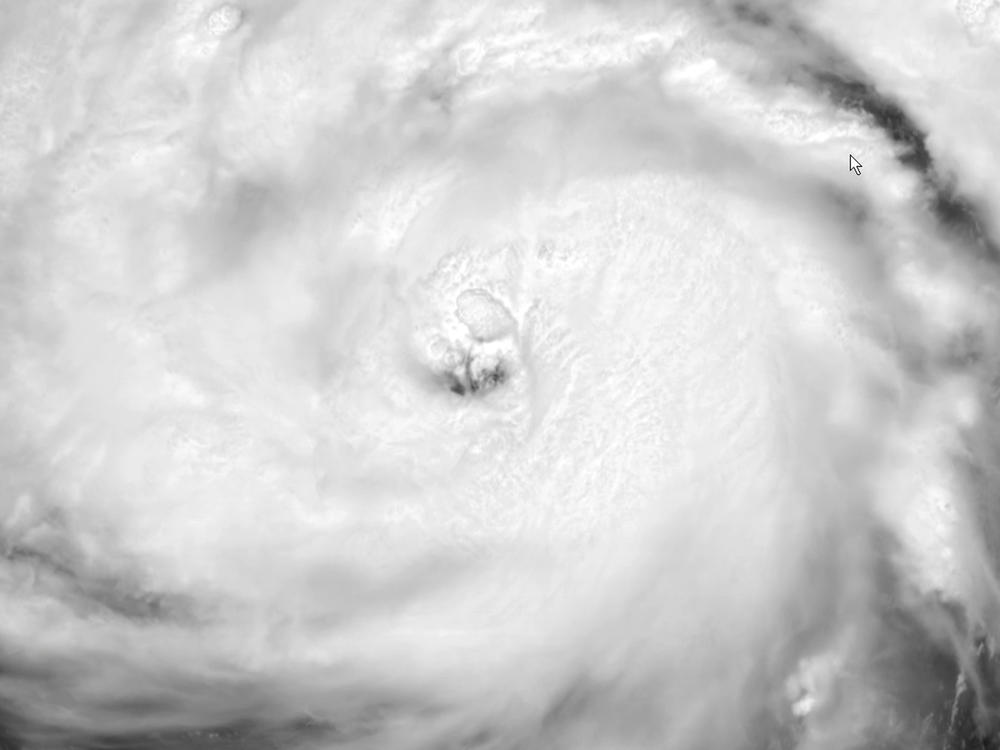Section Branding
Header Content
There have been so many Atlantic storms this year, forecasters have run out of names
Primary Content
Ana arrived in May. And now, Wanda has formed. But that's the end of this year's list of names for Atlantic hurricanes, thanks to a particularly active 2021 hurricane season.
In a typical year, there are names to spare by the time of the official end of hurricane season on Nov. 30. This year is only the third hurricane season meteorologists have been left with no names to spare: there was 2005 — the year of Hurricane Katrina — and last year, with its record-breaking 30 named storms.
Forecasters expected between 13 and 20 storms this year
If Wanda, which is currently a tropical storm expected to stay well away from the U.S., isn't the last this year, hurricane forecasters will have to reach for a supplemental list put out by the World Meteorological Organization, or WMO, with Adria next on the Atlantic stage.
Ahead of the official June 1 start of the Atlantic hurricane season this year, the National Oceanic and Atmospheric Administration forecast 13 to 20 named storms. Wanda makes 21.
However, as Matthew Cappucci of The Washington Post's Capital Weather Gang writes, "Since Hurricane Sam lost its tropical characteristics on Oct. 5, not a single storm occupied the Atlantic until Wanda was named at 11 p.m. Saturday."
Storm names never start with a Q or a U
There are six lists for tropical cyclone names that rotate each year, none of which have names that start with 'q' or 'u.' Alex is slated as the first storm of the 2022 season.
As the National Hurricane Center notes: "The only time that there is a change in the list is if a storm is so deadly or costly that the future use of its name for a different storm would be inappropriate for reasons of sensitivity."
Previously, the WMO designated Greek letters for storms that exhausted the official list for a given year, but in March, the WMO announced it would discontinue that practice in favor of a supplemental list of names.
Copyright 2021 NPR. To see more, visit https://www.npr.org.

